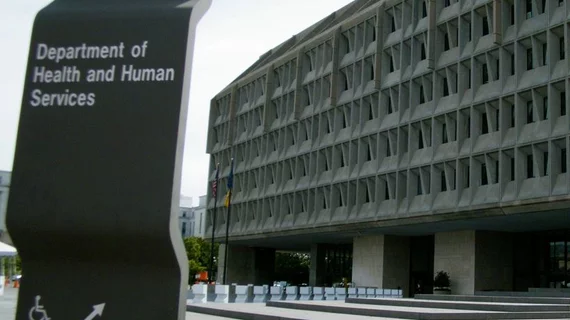HHS could be renamed under Trump reorganization plan
A plan set to be released by the Trump administration in the coming weeks would change both the name and the responsibilities of HHS, according to Politico.
The rumored White House Office of Management and Budget plan would move more of the federal government’s safety net programs, like food stamps, into HHS. This would fall in line with existing initiatives favored by the Trump administration on the state level to align standards for food stamps (formally know as the Supplemental Nutrition Assistance Program, or SNAP) with Medicaid when it comes to requirements for beneficiaries to work.
SNAP is currently administered by the U.S. Department of Agriculture (USDA) with its $70 billion making up the vast majority of the department’s annual budget. The move has been favored by conservative groups like the Heritage Foundation as part of a consolidation of all USDA nutrition programs into HHS.
“By moving this welfare function to HHS, the USDA will be better able to work on agricultural issues impacting all Americans,” the group wrote in its 2017 federal reorganization proposal.
With these added responsibilities, HHS would be renamed to “emphasize programs that provide assistance to low-income Americans,” Politico reported. This could mean the word “welfare” is added back to the name. Before being reorganized into HHS in 1980, many of the same duties were under jurisdiction of the Department of Health, Education and Welfare.
Read more at the link below:

